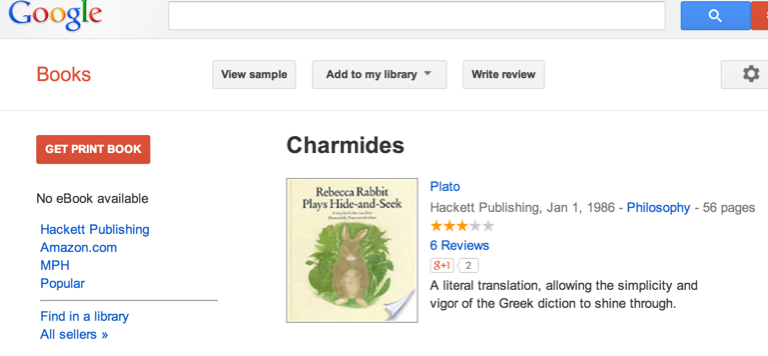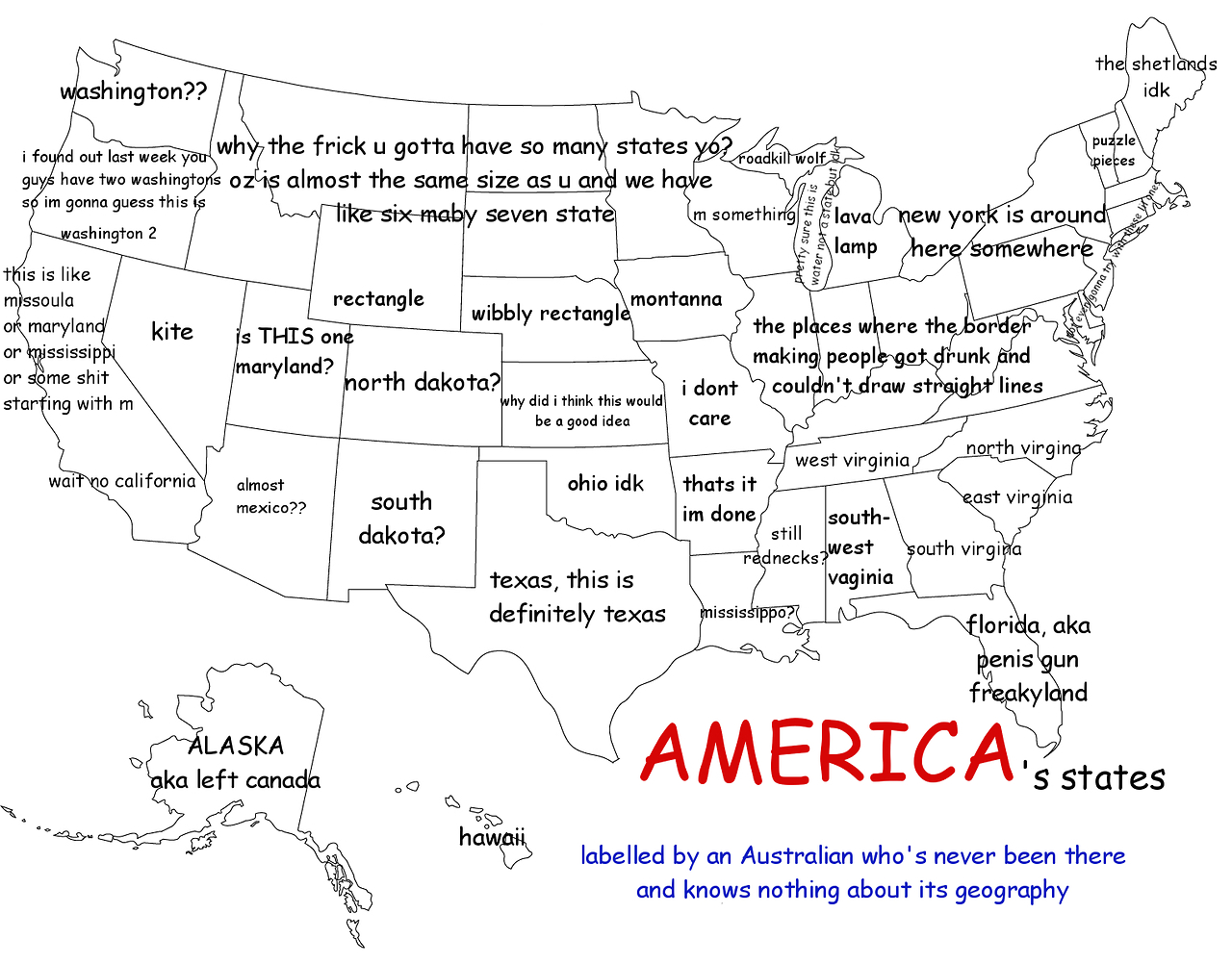"Because" with non-verbal complement
The American Dialect Society's recognition of because as Word of the Year has sparked a number of intriguing linguistic arguments. In its innovative use, because can take various different parts of speech as its complement: nouns, adjectives, interjections, and even adverbs. (See Tyler Schnoebelen's Idibon post for some corpus analysis.) While Geoff Pullum urges us to treat because as a preposition, regardless of its complement, Gretchen McCulloch has argued that we should be thinking of innovative because as a member of a "class of subordinating conjunctions that can relatively-newly take interjectionary complements." (The complements are "interjectionary" as long as they can serve as interjections, regardless of part of speech, like the adjective awesome or the adverb seriously.)
One of the most peculiar reactions to the ADS WOTY selection comes from "Stumblerette," a self-identified linguist who objects to the choice of because "because it is neither a word nor particularly zeitgeisty." Wait, because is not a word? In a previous post, Stumblerette explains that the selection "is stretching the meaning of the word 'word'" presumably because the innovative "because X" construction requires at least two words to work.
Or does it? On Facebook, Stephan Hurtubise shared a clip from last night's episode of "Parks and Recreation" demonstrating that because even works with non-verbal complements.
Read the rest of this entry »


